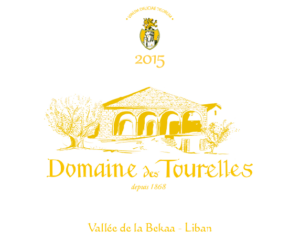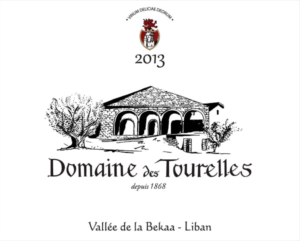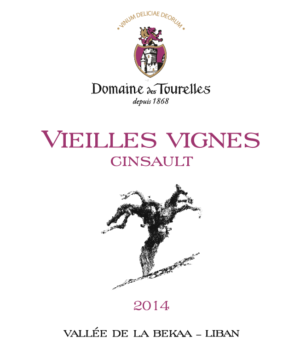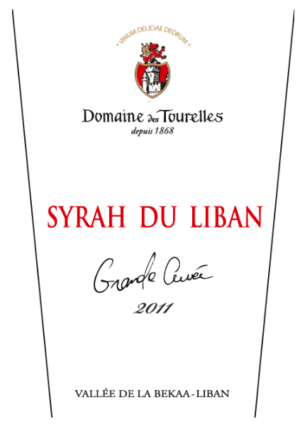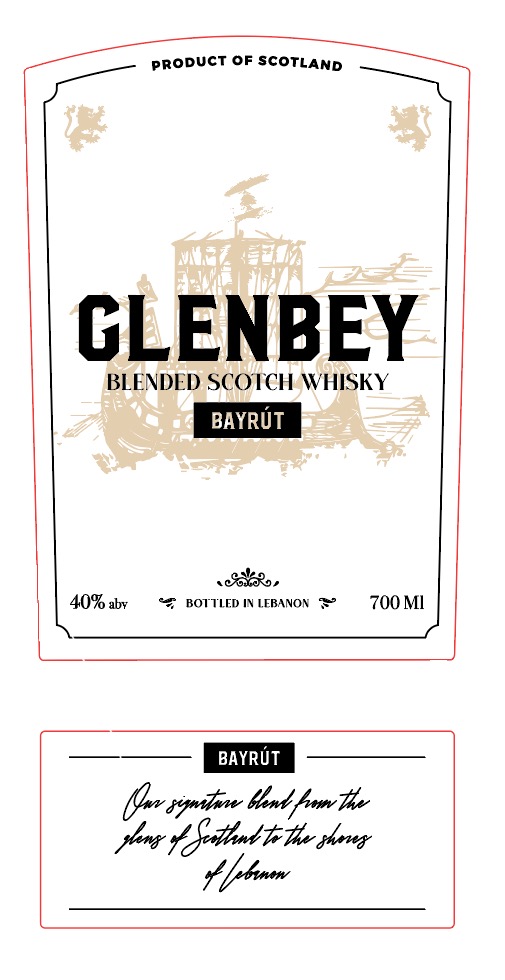
Glenbey Bayrút – Blended Scotch Whisky
$1.00
| Country | Lebanon |
|---|---|
| Region | Bekaa Valley |
| Producer | Domaine des Tourelles |
| Size | 750mL |
| Spirit Type | Whisk(e)y |
 From the glens of Scotland to the shores of Lebanon, Glenbey Bayrút is the first ever Premium Scottish whisky to have a Lebanese Signature.
From the glens of Scotland to the shores of Lebanon, Glenbey Bayrút is the first ever Premium Scottish whisky to have a Lebanese Signature.
It is a collaboration project between Domaine des Tourelles and Ets. Antoine Massoud, two Lebanese companies who brought together their years of experience and a common innovative vision to create this unique product.
A qualitative Scottish whisky with a Lebanese signature, Glenbey is made in Scotland then refined and bottled in Lebanon at Domaine des Tourelles. It scored an unprecedented success in the Lebanese market, ranking at the top of the whisky sales in the three months following its launch in 2021.
The Phoenician ship with the Lebanese flag raised up high is the emblem and an integral part of the identity of Glenbey. Legend says the Phoenicians ventured where no sailor had ever dared to travel before; they discovered an island full of ivory cliffs, green hills and woods: Scotland. The Phoenicians would then trade with the Scots, only to bring back the most selective ingredients.
Glenbey Bayrút is a 3 YO grain and malt blended Scotch Whisky produced from high quality ingredients and aged in sherry wood. Complex and enthralling flavours of candied oranges, apricots, fig syrup and buttered hot gingerbread. 40% ABV.
About the Producer
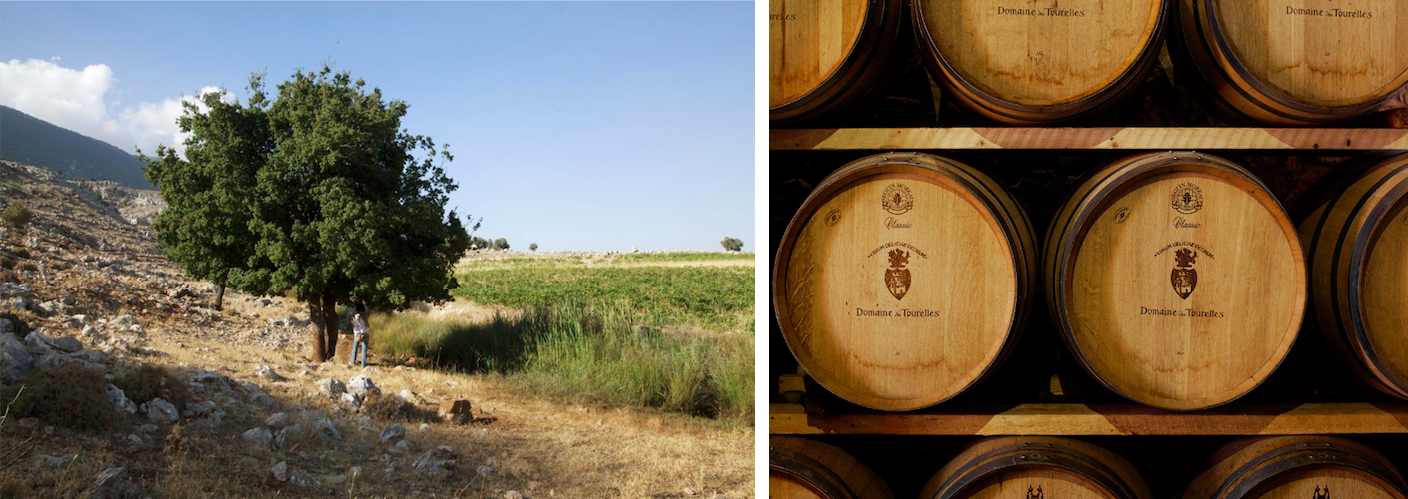
Domaine des Tourelles is one of the longest established and most highly acclaimed wineries in the Bekaa Valley. Founded in 1868 by French adventurer François-Eugène Brun, the estate was the first commercial cellar in Lebanon producing wines, arak and other spirits. In 2000, it was bought by the Issa and Issa-el-Khoury families, both close to the Brun family through, respectively, lifelong friendship and cousin ties. The domaine is run today by Faouzi Issa (winemaker), his two sisters Christiane and Joanne (a talented artist who created the visual identity of the winery) and Emile Issa-el Khoury. Faouzi trained in Montpellier and worked at Domaine René Rostaing in Côte Rôtie before joining the legendary Château Margaux, from 2007 to 2008. He then went back to the Bekaa Valley and his efforts placed his family's wines amongst the most recognized and awarded in Lebanon. Decanter Magazine called him the "Dusty Winemaker": dust, Faouzi says “encourages the natural yeasts that give our wines their distinctive character.” The winery also boasts a museum worthy collection of old machines.
Lebanon lies at the eastern end of the Mediterranean Sea, with a surface area of 4,000 square miles – slightly smaller than the state of Connecticut. At 2,500 to 3,000 feet above sea level, the Bekaa Valley is a plateau separating the Lebanon Mountains from the Anti-Lebanon Mountains (the name comes from the Latin Antilibanus - opposite to the Mount Lebanon range). It benefits from a microclimate and enjoys 240 days of sun. The heat of the summer days is compensated by the freshness of the cool nights, when gentle breezes circulate throughout the valley, dropping the temperature from 90F to 60F. These cold nights sustain the vineyards through the heat and drought of summer. Annual precipitations are between ten and eleven inches of rain, concentrated in the autumn and winter seasons. It decreases in the spring, with almost no rain in the summer, which makes for healthy grapes. The rocky soil is covered by a layer of clay-chalk and limestone, making the Bekaa Valley ideal for vine growing. Along with the climate, these conditions produce rich, fleshy and tannic reds and delicate, aromatic whites.
Domaine des Tourelles winery and vineyards are at the highest altitude, in Chtaura. Its 40 hectares of vineyards include some of the oldest vines in the Bekaa Valley, 70 year plus, giving extremely low yields. They are gobelet trained to resist against the heat and receive water from the snow melt of the surrounding mountains. They are mostly dry-farmed, but drip irrigation was installed after a devastating heat that destroyed in 2015 seventy percent of the crop. It would be use if such conditions return. Some vineyards are rented (99 year old fermage contracts), and Faouzi gets first dibs on the fruit from others. The grapes are harvested by hand early morning, starting at 5am and finishing around 10am.
Farming practices/vinification: the vineyards are organically farmed. They are only treated with sulfur and copper (Bouillie Bordelaise) when needed. The winery was built following an intelligent ancestral design that keeps it at an ideal temperature year round. The concrete vats (very rare in Lebanese wineries) provide the best biological conditions for a natural wine making process, which is favored to preserve the authenticity of the wine. The wines are fermented with indigenous yeasts, in stainless steel tanks for the whites and rosés, and in concrete tanks for the reds. Minimum amount of sulfur is added at bottling. The wines are vegan.
Sustainability: the winery collects its own used bottles and reuses them in the production cycle. Cartons and plastic items are sent to Arcenciel, a Lebanese NGO that sells them to recycling industries in order to raise funds for the disabled. Even the residues of the fermented grapes are transformed into natural fertilizers for the vineyards. Last but not least, Domaine des Tourelles is a socially involved company that gives any recruiting priority to its hometown’s residents, helping many families from the village of Jdita to secure a career and stable revenues, therefore enabling them to stay on their ancestors’ land. Many of their employees have been at the winery for 25 years or more, ensuring continuity in the spirit of the production.
Domaine des Tourelles
Domaine des Tourelles – Lebanon, September 2018
The last potter, and maker of the clay jars in which the Arak Brun is aged
Lebanon and the new Serge Hochar? Jancis Robinson, 31 Mar 2018
Tamlyn Currin – August 2022 Jancis Robinson, Tourelles Old-Vine Wines
Lebanon's new wave, Decanter, November 2023
 Dry thistles are used to filter the wines. On the right, the clay jars in which Arak is aged.
Dry thistles are used to filter the wines. On the right, the clay jars in which Arak is aged.
related products
-
Domaine des Tourelles
Bekaa White
-
Domaine des Tourelles
Bekaa Red
-
Domaine des Tourelles
Cinsault Vieilles Vignes
-
Domaine des Tourelles
Syrah du Liban

